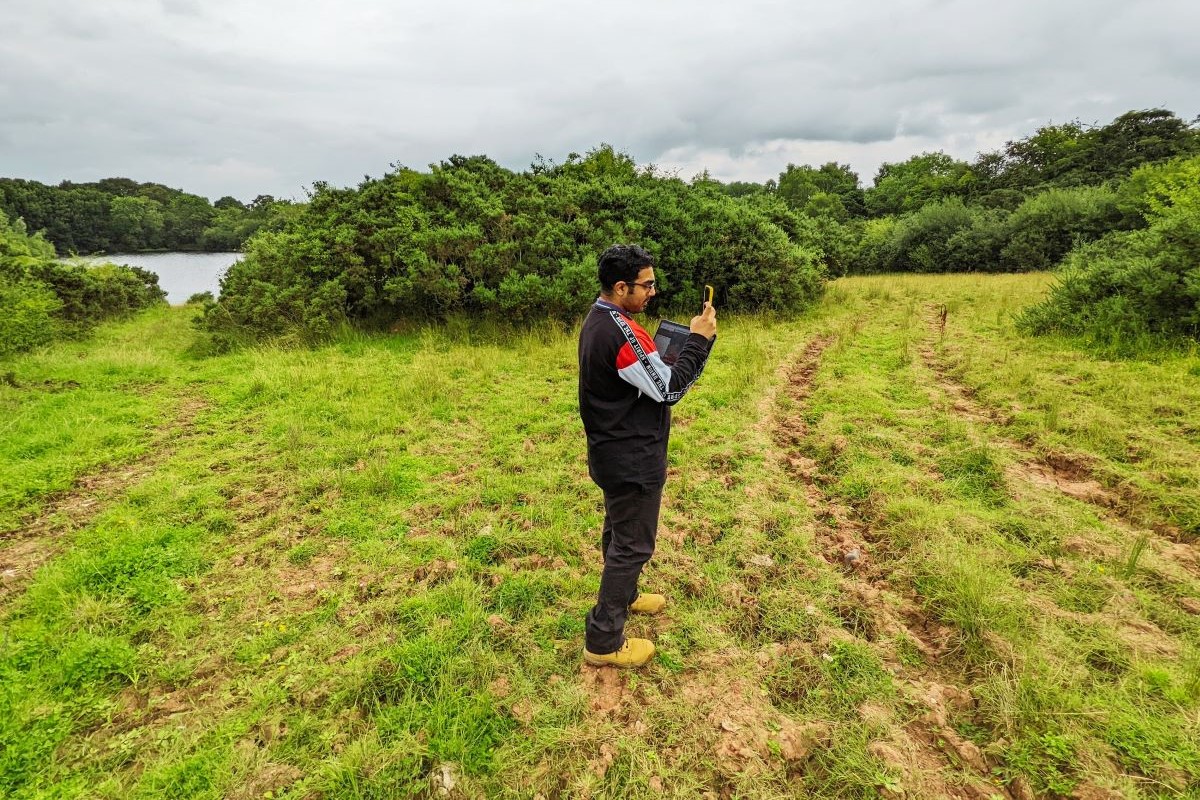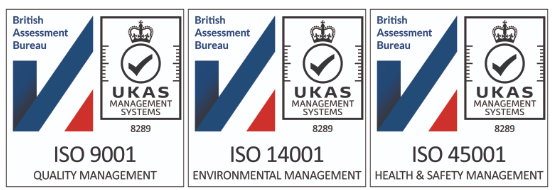Ecology Consulting, Arboricultural Surveys & Biodiversity Experts
Email your requirements to
contact@aval-group.co.uk
Call us now to discuss
0333 006 2524
Get Your Free Quote
If you have a specific deadline, we will ensure that we meet your project timeline and all requirements.
At Aval, we pride ourselves on delivering exceptional expertise across a range of ecological services and assessments. From preliminary ecological appraisals to biodiversity assessments, Aval can assist with any needs.
We can offer our clients a full range of ecological and biodiversity consulting services for planning and development, including arboricultural surveys and specialised bat emergence surveys.
As an expert environmental planning consultant, Our ecology consultants offer their in-depth knowledge of ecology and are committed to offering you the best service through meticulous planning, analysis and excellent interpersonal experience. Work is undertaken throughout the UK.
A typical ecological or biodiversity assessment may require us to carry out a baseline ecological survey (also known as a phase 1 habitat survey) which involves:
Identifying protected species or habitats
- Providing guidance on a range of wildlife policies
- Suggesting possible appropriate mitigation measures to allow progress in development

Our key services are:
- Preliminary and Detailed Ecological Surveys
- Biodiversity Net Gain Assessment
- Phase 1 Habitat Survey
- Biodiversity Strategies and Habitat Management
- protected Species Surveys – Badger, Barn Owl, Bat, Dormouse, Newtm Water Vole, Otter and Reptile
- Protected Species Surveys – Badger, Barn Owl, Bat, Dormouse, Newtm Water Vole, Otter and Reptile
- Ecological Clerk of Works (ECoW)
- Tree Surveys- BS5837
- Arboricultural Method Statement
- Ecological Research, Monitoring, Modelling and Analysis
- Ecosystem Services Assessment
- Ecological Desktop Statement
- Wildlife and Wildlife Habitat Assessments

Aval Consulting Group Ltd is ISO certified and accredited by the United Kingdom Accreditation Service (UKAS)

Our Ecological, Biodiversity and Arboricultural Services
Preliminary Ecological Appraisal (PEA)
A Phase 1 Habitat survey of your site will be performed, which includes mapping habitats and recording species that are present. The survey method, mapping and results will be included in the report alongside advice as needed to comply with wildlife legislation.
Protected Species Surveys
We carry out a range of protected species surveys in line with any recommendation as part of the Phase 1 Preliminary Ecological Appraisal (PEA). We can assist you with any of the below Phase 2 surveys:
- Bat Survey
- Reptile
- Great Crested Newts
- Badgers
- Nesting Birds
- Barn Owl
- Water vole
- Otter
Ecology Desktop Statement
This report does not require a site visit. Secondary and historic data are used to assess your site and create a basic report in compliance with current UK legislation. Advice to help you move forward with your project can be included.
Biodiversity Net Gain Assessment
Biodiversity Net Gain uses calculations to compare baseline conditions to proposed development plans. Biodiversity Net Gain can be achieved if the proposed development plans provide a net improvement to the biodiversity of the site. A survey is undertaken to collect pre-development data of the habitats found on site and landscaping plans are used for the proposed development data. The Biodiversity Net Gain or Loss is calculated using the difference between the pre-development and proposed development habitat data.
Biodiversity Assessment
This report is similar to a PEA and involves a Phase 1 Habitat survey, mapping habitats and recording species that are present. It is more tailored towards sites of conservation importance and includes additional legislation linked to conservation.
Reptile Survey and Translocation
There are six species of native British reptiles, four of which are protected from killing, injuring, or selling. These include the common lizard, slow worm, adder and grass snake. For development sites where works will impact on these species, there must be evidence that every reasonable effort was made to mitigate any harm. A reptile survey can indicate if these species are present on the site or not. If reptiles are present and must be moved, then a receptor site within 1km has to be identified and surveyed. Translocation visits will be required until 4 consecutive visits occur without any reptiles or very low numbers. These surveys are seasonally restricted to between the months of April and September as weather conditions need to be dry and above 10 degrees celsius. It is recommended to book early in the season as larger sites may take several weeks to clear. If reptiles are still present on the proposed site beyond September, the development will have to remain on hold until the following season.
Tree Surveys and Reports
At Aval, our team of expert arboricultural consultants is equipped to meet tree assessments. Using our knowledge and experience, we can assist you with arboricultural surveys for planning any needs necessary and provide tree-related recommendations to improve your development proposals.
A typical arboricultural survey will provide you with information on the condition/value of trees on site and can determine whether or not trees present are likely to be impacted by the development. All surveys carried out by Aval will follow the methodology laid out in the BS5837 standard (Trees in Relation to Design, Demolition, and Construction—Recommendations).
Trust our experienced arboricultural consultants for planning to deliver reliable insights and recommendations that support the success of your project
This will involve:
- An on-site tree inspection.
- Tree categorisation (A – High quality, B – Moderate quality, C – Low quality, U – Unsuitable for retention).
- Identifying tree constraints and Root Protection Areas (RPAs)
- Reviewing trees for retention/removal
- Offering advice and guidance on planning around trees
Ecological Walkover Survey
This report is similar to the Desktop Statement but also includes a basic walkover survey of your site.
Your report will include the basic survey method and results from the survey as well as recommendations for potential further surveys.
BREEAM Assessment
A Phase 1 Habitat survey of your site will be performed, which includes mapping habitats and features of potentially significant ecological value on site. It helps identify ecological risks and offers recommendations for compliance with wildlife legislation.
Preliminary Bat Roost Survey
A stage 1 survey of potential roost sites includes an initial internal and external inspection of buildings, trees and other potential bat roost sites to identify bat roost potential. Additionally, the survey may require a data records search which involves information on known bat roosts and protected sites. After data is collected, a detailed report will be sent to you offering ecological advice and outlining possible further steps that may be required. These assessments can be carried out all year round.
Bat emergence/Activity Survey
A stage 2 survey which is only undertaken if potential for bat roosts found in Stage 1. Emergence surveys are required where bats or evidence of bat activity is present at you site and is conducted at dusk and dawn. Ecologists will survey to see if any bats emerge or enter the building. It should be noted that at least 2 dusk or dawn surveys will be required with a 14-day interval. A return visit will be planned for at least 14 days after the initial survey. These surveys are seasonally restricted to between the months of May and September as weather conditions need to be dry and above 7 degrees celsius.
